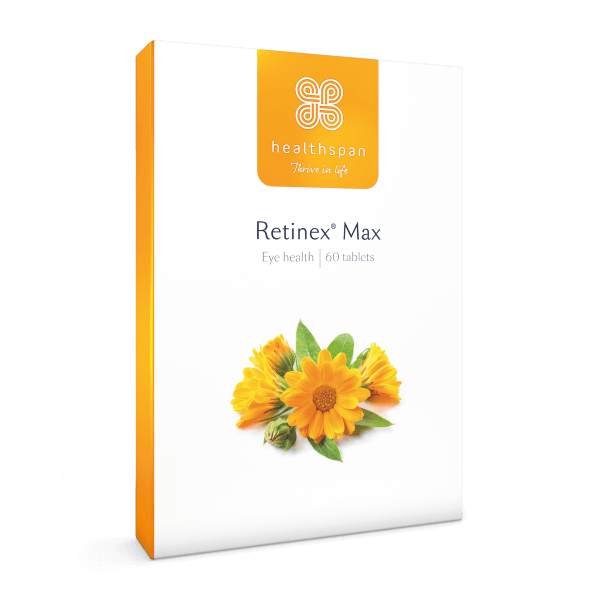When we go skiing or snowboarding, we're most likely trying to avoid broken limbs, but in fact a common injury is eye damage from the sun.
Worryingly, surveys show that many skiers only occasionally wear sun protection in the snow, exposing not only their skin but their eyes to harmful ultraviolet light from the sun. UVA and UVB rays are invisible but can damage the eyes causing not only a type of sunburn of the eyes called photokeratitis and temporary snow blindness, but also longer-term damage such as cataracts.
Why UV light is dangerous for skiers
The sun emits UV radiation, UVA is long wave radiation and UVB is short wave.
When you are up a mountain skiing you are exposed to 50 per cent more UV light than at sea level. Depending on how the fresh the snow is, between 50 and 90 per cent of UV radiation is then reflected, penetrating fog and cloudy conditions.
How UVA and UVB rays can damage your eyes
Ultraviolet light can damage the eyes in several ways, including:
- Photokeratitis: This is inflammation of the cornea, the protective layer that covers the front of the eye, caused by UV light damage. This is sometimes referred to as type of eye sunburn. It is painful but usually settles down after a few days and doesn't damage your eyesight in the longer term.
- Photoconjunctivitis: This is inflammation of the conjunctiva, the membrane that lines the inside of the eye and eye socket, and whilst painful while it lasts, it's a temporary condition that doesn't damage your eyesight.
- Snow blindness: This is an extreme form of photokeratitis which skiers at high altitudes sometimes experience. It is caused by fresh snow reflecting up to 80 per cent of UV radiation. This intense exposure to UV light can kill off cells in the eyeball causing pain and blindness, but sight usually returns in a few days.
- Pterygium: Prolonged exposure to UV light can cause growths to appear on the conjunctiva and these can become inflamed and reduce your vision. Sometimes they need to be surgically removed but they can grow back.
- Cataracts: The World Health Organisation (WHO) estimates that 16 million people a year worldwide lose their sight due to cataracts, where proteins break down and cause pigments which cloud the lens of the eye. WHO estimates one in five cases of sight loss due to cataracts is due to overexposure to UV light.
- Eye cancers: Experts say some forms of eye cancers may be associated with exposure to the sun over a lifetime.
How to protect yourself
There are simple ways to protect your eyes when you are skiing and snowboarding, mainly by wearing the right sunglasses or goggles. The Eyecare Trust recommends you consider the following when choosing your protection:
- Look for brands which offer at least 95 per cent protection against UVA and UVB light.
- Pick sunglasses specifically made for winter sports as they are made from more resilient materials and are less likely to break or shatter in the cold.
- Consider buying wraparound sunglasses which will protect your eyes at the side but still give you 180-degree vision.
- Opt for lenses with a yellow/orange or pink tint, to filter out harmful blue light.
- Ask your optician about prescription sunglasses or goggles. It can be difficult to wear sun protection eye wear over your normal glasses or contact lenses. Or alternatively, wear contact lenses with built-in high UV protection; ask your optician for advice.
- Make sure your goggles or sunglasses fit snugly.

Retinex Max
'Nature's sunglasses' containing lutein and zeaxanthin
- Contains 20mg lutein and 2,000mcg zeaxanthin
- Powerful carotenoids found in high concentrations in the eye
- Supports long-term eye health







